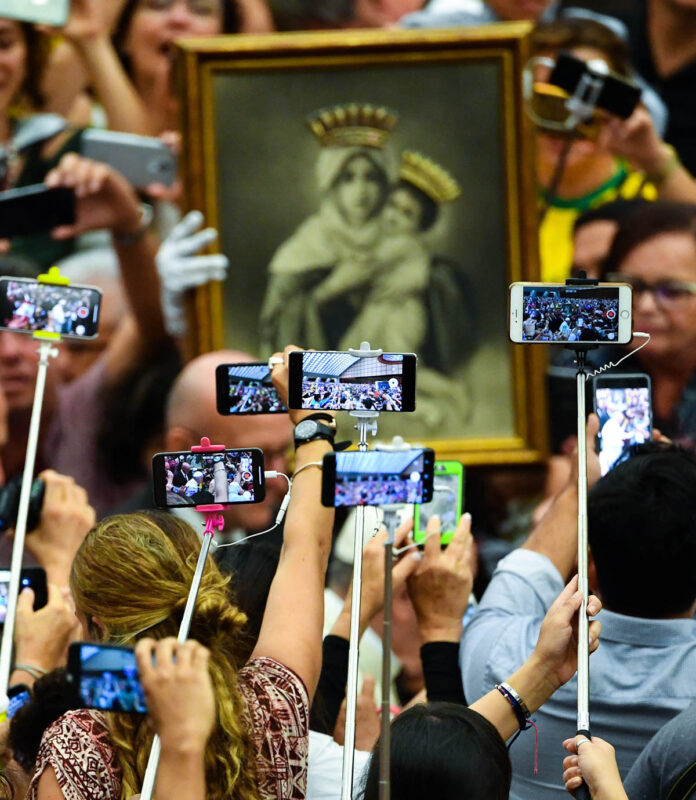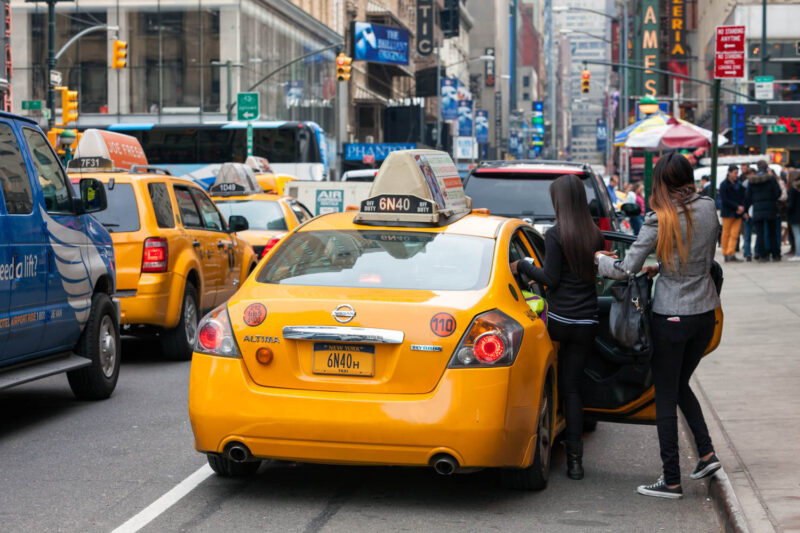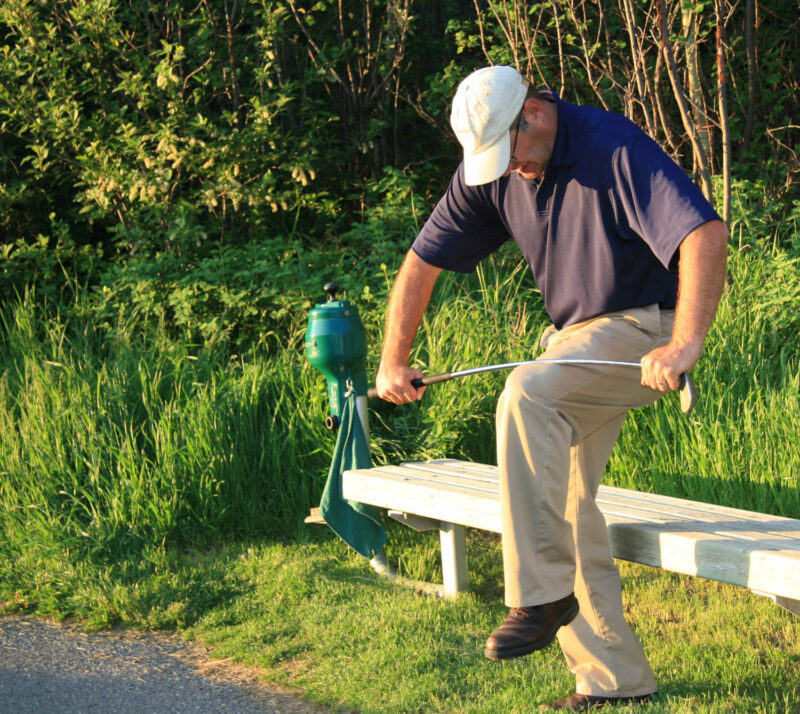
Bad behavior
America The Rude
Americans have always been considered a little louder and a little coarser. But post-pandemic, we’ve collectively lost any sense of decorum.
You don’t have to look very far these days to find someone publicly losing it—whether letting a seemingly minor aggravation undo them, crumbling under the weight of real or imagined stress, or unfurling their rage . . . just because.
Ask anyone who has traveled recently and they’ll likely have a story for you of travelers on the brink. Not long ago, I was on a plane and a woman, bothered by the sound of a baby crying, opened her mouth and let out a decibel-splitting mock-cry (a “Waahh, waaahhh, waaaahhhh!” to be exact) in the baby’s face. Yes, because there’s nothing like taunting a baby to get them to calm down.
Bad behavior in public is nothing new, but boy did it escalate during the pandemic: people cooped up, frightened, politically polarized. To cite just one example, in spring 2021 the US Congress was forced to pass a “Violence Against Healthcare Workers” Act, because incidents of outrageous behavior had gotten so bad. As Megan Ranny, dean of the Yale School of Public Health, said, since the pandemic there’s been “a breakdown of social norms.”
But the behavior doesn’t have to be criminal in order to affect our quality of life. Simple incivility is also having its impact—and social media is helping everyone become a jerk. How often have you seen people with their selfie-sticks stopping street traffic, snapping away with no regard to whoever is around? Or filming someone who’s drunk or high and posting on TikTok, without considering the ramifications to that person once they sober up? And then, there is the phone-as-pacifier/crutch. So many people keep their phones on the table, in case they experience 30 seconds of boredom.
Or maybe you are dating and just want to hedge your bets. A friend was eating by herself at a restaurant, sitting next to a couple; she could see that the man was sending text and heart emojis to some other woman. Phones have given us the occasion to be colossal jerks on just about any occasion.

Somehow the holidays, with all their forced jollity, seem to bring out the worst in people. With the city overrun with tourists, native New Yorkers have noticed an increase in “upstreaming,” the maddening habit of someone walking half a block ahead of you to grab a cab you’ve been patiently waiting for for 15 minutes.
Waiting in line outside Rockefeller Center ice rink will have people not-so-subtly cutting the line to rent their ice skates and nab a hot chocolate.
And, of course, there are manifold ways that people find at this time of year to passively aggressively insult others. “I was giving a New Year’s party, and people were jockeying to find out who was coming before they RSVP’d,” one socially connected friend said. “This has always been true of course, but now it’s much more blatant.”
When the list wasn’t sufficiently high-powered enough for one guest, she sent her regrets with the words ‘Party goals.’ “In other words, if I wanted her to come, I better up my game next year,” the host said. Can you blame this woman for just a drop of schadenfreude when the potential guest was relieved of her high-powered job in the New Year?



“People are so stressed,” Lizzie Post—the grand-daughter of the grand dame of etiquette, Emily Post, and co-founder of The Emily Post Institute—says with a generous serving of understatement. “We have had a turbulent four years as a world global community. And before that, the US was dealing with another four years of some real divisiveness and some real discord in our conversation. So you really are looking at an eight-year span of stress.”
Post isn’t new to bad behavior, of course. Providing an antidote to it literally runs in her family. The Post Institute has been teaching good behavior since her great-grandmother first published her famous book—Emily Post’s Etiquette—back in 1922. The parallel irony of the first publication of the tome and its newest edition, 100 years later, is not lost on her. In the crazy roaring wild twenties of the last century there was a need for her great-grandmother’s wisdom. In the divisive days of today’s twenties, the need only grows greater still.
What would Emily Post say about the rise of incivility? We can only wonder, but it’s possible she would have found some solace in videos that proliferate on Instagram on dealing with bad behavior. Take for example The Royal Butler, a former manservant to King Charles III who makes cheeky videos about bad—and good—behavior for his half a million followers, or Myka Meier, a millennial etiquette coach whose Instagram videos polling her nearly 700,000 followers on how to deal with toxic behavior and people (a mother-in-law commenting on a daughter-in-law’s second helpings at dinner, for example) garner hundreds of comments and opinions. We can’t get enough of bad behavior but also, it seems, how to deal with it.

“We’re at a boiling point,” Post adds. “We are primed and ready to explode.”
Let’s just hope that whenever that moment happens to you, there isn’t a phone nearby to capture it all.
Hero photo by Vincenzo Pinto/AFP via Getty Images



